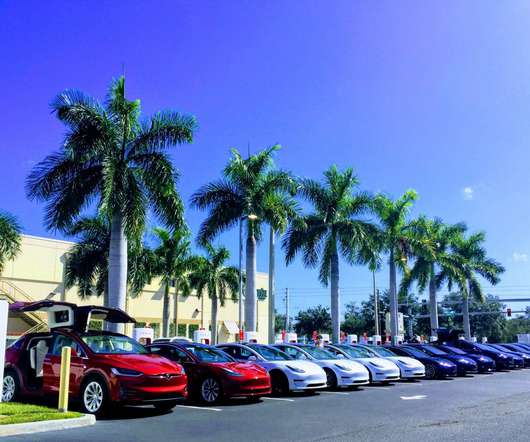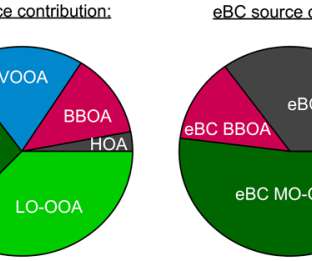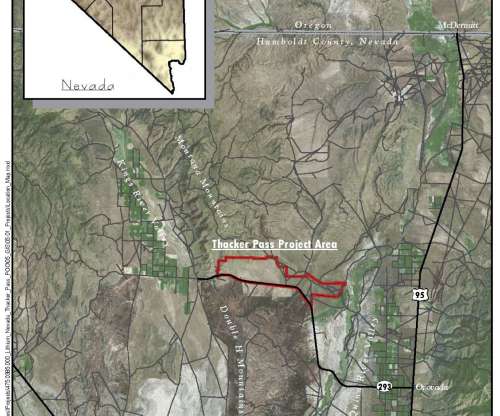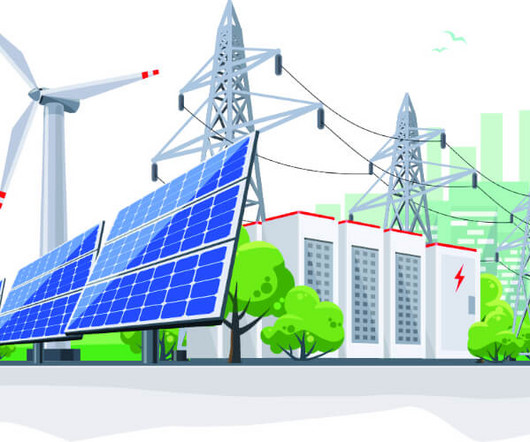Exhausted: How We Can Stop Lithium Mining from Depleting Water Resources, Draining Wetlands, and Harming Communities in South America
CleanTechnica EVs
MAY 14, 2022
To mitigate the worst impacts of climate change, we must transition away from fossil fuels like petroleum and coal and toward clean energy generation and zero-emission transportation options. Lithium resources are concentrated in locations that have […].









































Let's personalize your content